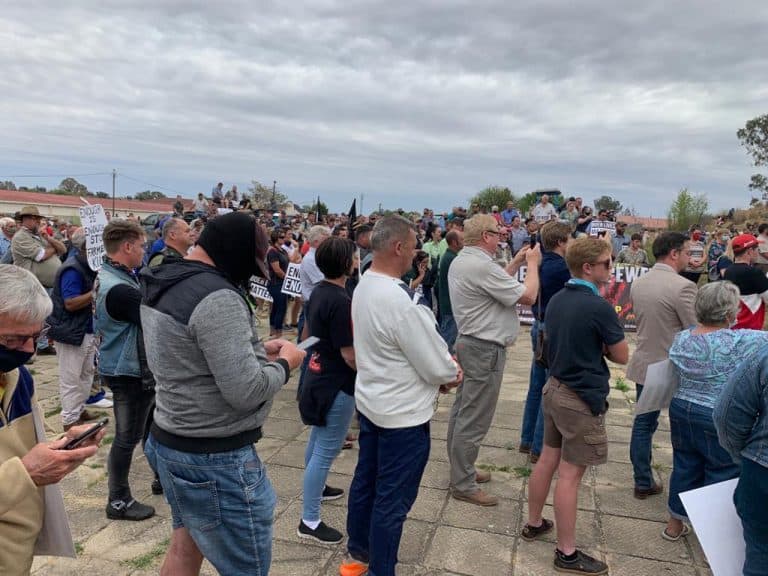Unlawful and invalid: This is what the court says about NERSA’s consideration of municipal power tariff increases
The High Court in Pretoria today found that the National Energy Regulator of South Africa’s (NERSA) decision to consider municipalities’ applications for electricity tariff increases without the required cost studies is unlawful and invalid. This means that the regulator may not consider any applications for electricity tariff increases from municipalities unless the required cost studies are also submitted. As such, the court ordered that municipalities whose cost studies are absent will have to continue charging electricity tariffs based on the existing rates approved for the 2023/2024 fiscal year. Municipalities’ applications for electricity tariff increases for the 2024/2025 fiscal year can indeed be reconsidered by NERSA provided the necessary cost studies are submitted within 60 days from today.
“This is a great victory for civil rights – something AfriForum is fighting for. The court has now acknowledged anew that NERSA failed to protect consumers against unlawful applications for electricity tariff increases – something the law compels the regulator to do,” says Morné Mostert, Manager of Local Government Affairs at AfriForum.
The increases in municipal electricity tariffs must be implemented on 1 July. NERSA announced today that it has met this deadline and that all 178 licensed electricity distributors’ tariff increase applications have already been considered and approved. However, only 66 of these municipalities submitted cost studies. “That announcement was made prematurely. We trust that NERSA will comply with the court order and that the applications of the municipalities whose required cost studies are absent will be scrapped,” says Mostert.
AfriForum submitted an urgent application to the court earlier this month to prevent NERSA from proceeding with these considerations, as a High Court order of October 2022 requires that a cost study be submitted as part of municipalities’ applications for tariff increases. This is also prescribed by the Electricity Regulation Act 4 of 2006.
According to Mostert the use of a cost study for electricity tariff increases is critical because it gives a clear outline of what municipalities’ tariffs must be to deliver the service properly and maintain networks. “The applications of municipalities that do not have cost studies are at this stage simply based on an estimate of what it costs to provide the service. However, applications for tariff increases must be made on accurately calculated figures that will ensure that fair tariff increases are passed on to consumers,” explains Mostert.
However, the fight against unreasonable electricity tariff increases does not end with this court order. It is now the responsibility of communities, businesses and civil institutions to consider the content of their municipalities’ cost studies to ensure that municipalities do not deceive or mislead consumers. “The court case was done in the interest of consumers and to promote fairness and transparency in the approval of municipal electricity tariffs,” concludes Mostert.









